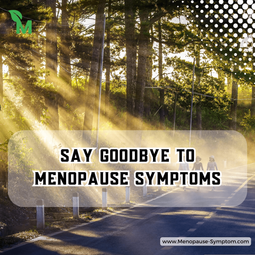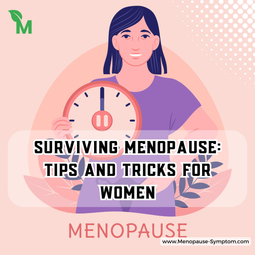Menopause is a natural process that all women go through as they age, typically occurring between the ages of 45 and 55. During this time, the body goes through significant hormonal changes, leading to a variety of physical and emotional symptoms. Many women struggle with weight gain, mood swings, hot flashes, and decreased energy levels during menopause. Luckily, with a healthy and balanced diet, these symptoms can be managed and even improved.
Understanding the hormonal changes during menopause
Understanding the hormonal changes during menopause can help women better navigate this phase of life. As estrogen and progesterone levels decrease, the body experiences changes in metabolism, bone density, and muscle mass. This can lead to weight gain and an increased risk of diseases such as osteoporosis. Estrogen also plays a role in regulating mood, so fluctuating hormonal levels can cause mood swings and irritability.
The importance of balanced nutrition during menopause
Eating a balanced diet is crucial for managing menopause symptoms and promoting overall health. A diet rich in whole grains, lean proteins, fruits, vegetables, and healthy fats can help reduce inflammation, maintain a healthy weight, and support hormonal balance. It can also improve energy levels and mood. Additionally, consuming enough fiber can alleviate digestive issues that often accompany menopause.
The role of calcium and vitamin D for bone health
Adequate intake of calcium and vitamin D is essential during menopause to maintain bone health. As estrogen levels decline, the body absorbs less calcium, putting women at an increased risk of osteoporosis. Including dairy products, leafy green vegetables, and fortified foods in the diet can help meet calcium and vitamin D needs. Supplementation may be necessary for those with low levels.
Nourish your body and thrive during menopause with the power of a healthy diet.
Limiting caffeine alcohol, and spicy foods
While caffeine, alcohol, and spicy foods may be enjoyable, they can exacerbate menopause symptoms. Stimulants like caffeine can increase hot flashes and disturb sleep, while alcohol and spicy foods can trigger night sweats and mood changes. Limiting or avoiding these substances can provide relief for menopause symptoms.
Menopause is a challenging time for many women, but a healthy diet can make a significant difference in managing symptoms. By understanding the hormonal changes, maintaining a balanced diet, and limiting certain substances, women can improve their overall health and well-being. Consult with a physician or nutritionist for personalized dietary recommendations and explore other lifestyle changes that can improve menopause experience.
Source: Team MPS compiled, analyzed and wrote. Please dont reup without source. Many thanks.




